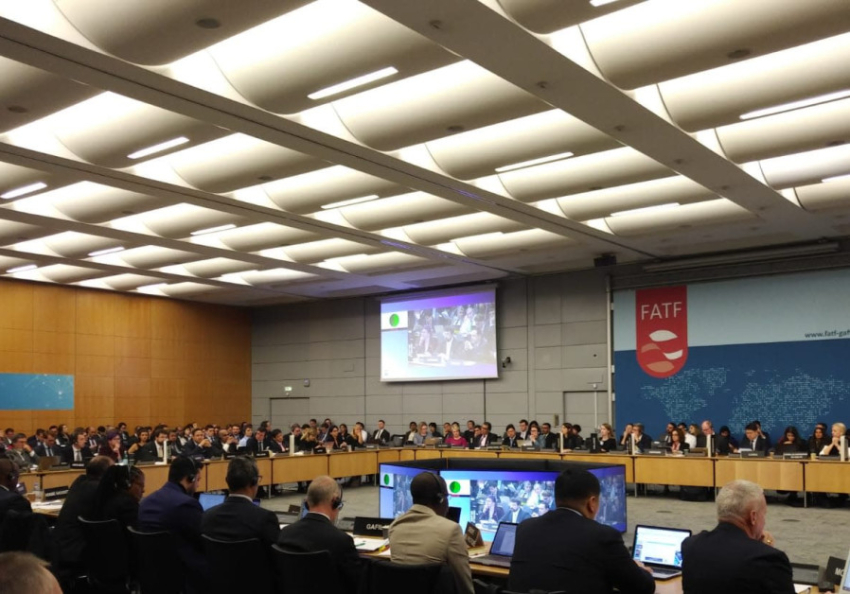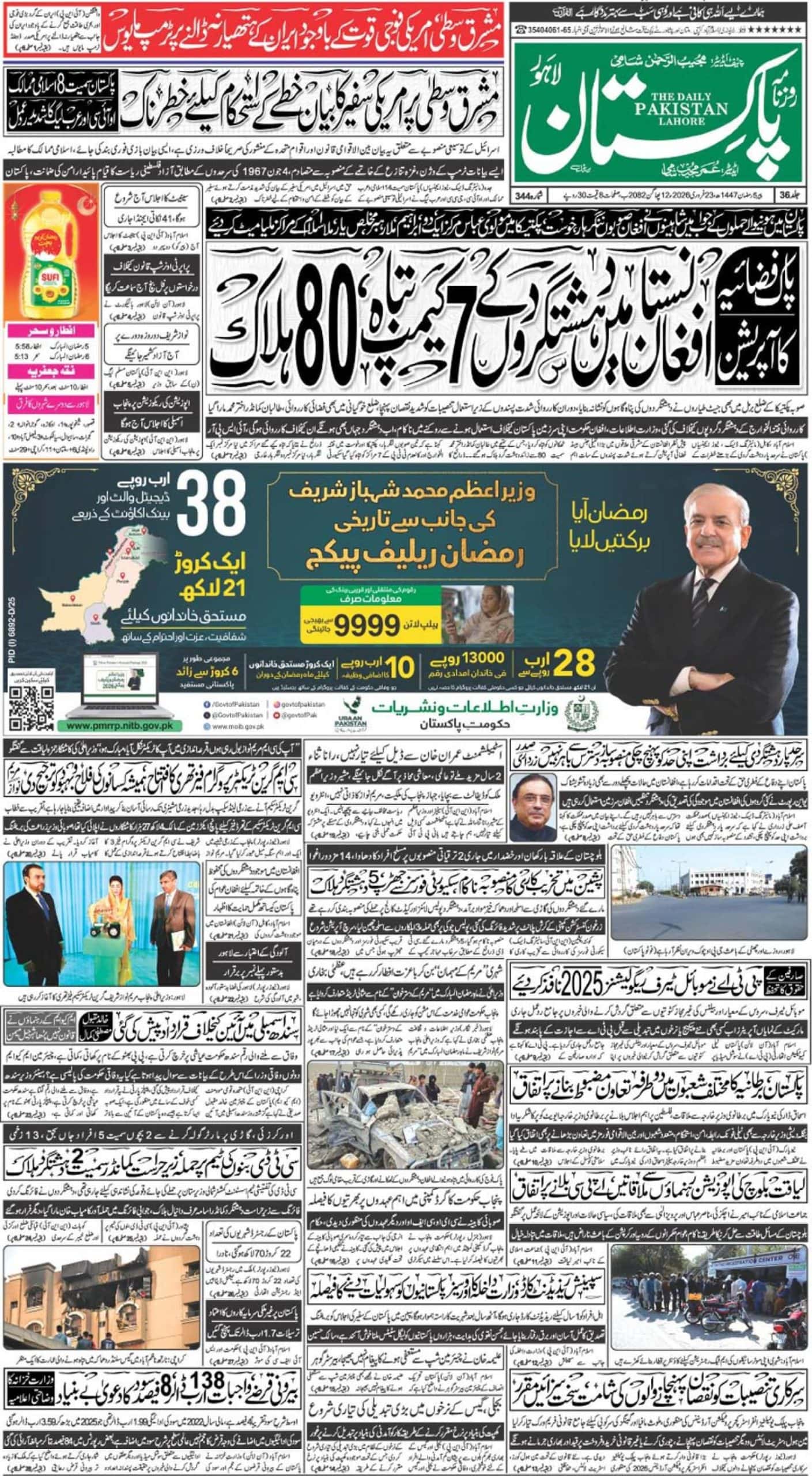ISLAMABAD – The Paris-based Financial Action Task Force (FATF) issued its appraisal of Pakistan’s progress with regards to combating money laundering and terrorism financing on Friday and urged it to move quickly to meet a May 2019 deadline.
FATF, which had placed Pakistan on a money laundering grey list in 2018, acknowledged that Pakistan did make a ‘limited progress’ and recommended further moves to be taken in this regard.
“Since June 2018, when Pakistan made a high-level political commitment to work with the FATF and APG to strengthen its AML/CFT [anti money laundering/combating financing of terrorism] regime and to address its strategic counter-terrorist financing-related deficiencies, Pakistan has taken steps towards improving its AML/CFT regime, including by operationalising the integrated database for its currency declaration regime,” the FATF acknowledged in the statement.
The statement was all not positive for Pakistan as the body highlighted the areas where more needs to be done in order to be de-listed.
https://en.dailypakistan.com.pk/headline/fatf-hands-10-point-action-plan-to-pakistan-after-placement-on-grey-list/
“Pakistan has revised its TF [terrorism financing] risk assessment; however, it does not demonstrate a proper understanding of the TF risks posed by Da’esh, Al Qaeda, Jamaatud Dawa, Falah-i-Insaniyat Foundation, Lashkar-e-Tayyaba, Jaish-e-Muhammad, the Haqqani Network, and persons affiliated with the Taliban,” it said.
In order to be de-listed, the FATF has recommended that Pakistan should continue to work on implementing its action plan to address its strategic deficiencies in areas including adequately demonstrating its proper understanding of the terror financing risks posed by the groups above, and conducting supervision on a risk-sensitive basis.
The body emphasised Pakistan should demonstrate that competent authorities are cooperating and taking action to identify and take enforcement action against illegal money or value transfer services (MVTS).
The organization also called for identifying cash couriers and enforcing controls on the illicit movement of currency and understanding the risk of cash couriers being used for terror financing and improving inter-agency coordination including between provincial and federal authorities.
FATF continued that Pakistan should demonstrate that law enforcement agencies (LEAs) are identifying and investigating the widest range of terror financing activity and the investigations lead to effective, proportionate and dissuasive sanctions.
https://en.dailypakistan.com.pk/headline/fatf-gives-pakistan-six-months-to-curb-money-laundering/
The intergovernmental organization also stressed that Pakistan should demonstrate effective implementation of targeted financial sanctions (supported by a comprehensive legal obligation) against all 1267 and 1373 designated terrorists and those acting for or on their behalf, including preventing the raising and moving of funds, identifying and freezing movable and immovable assets, and prohibiting access to funds and financial services.
FATF asserted that Pakistan should demonstrate enforcement against TFS violations including administrative and criminal penalties and provincial and federal authorities cooperating on enforcement cases.
“Given the limited progress on action plan items due in January 2019, the FATF urges Pakistan to swiftly complete its action plan, particularly those with timelines of May 2019,” concluded the statement.
Pakistan was placed on the Grey List with a set of guidelines to follow in order to be de-listed. If Pakistan fails to implement the guidelines, it would be at risk of being blacklisted – a list containing North Korea and Iran.
Pakistan is taking strong measures to comply with the guidelines and recently reimposed a ban on Hafiz Saeed-led Jamaat ud Dawaa and its charity arm, FIF.
Prime Minister Imran Khan has also vowed to clamp down hard on money laundering. Finance Minister Asad Umar is also striving hard and convening meetings to discuss ways to get out of the greylist.













